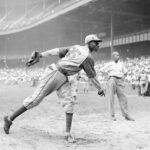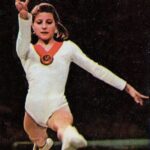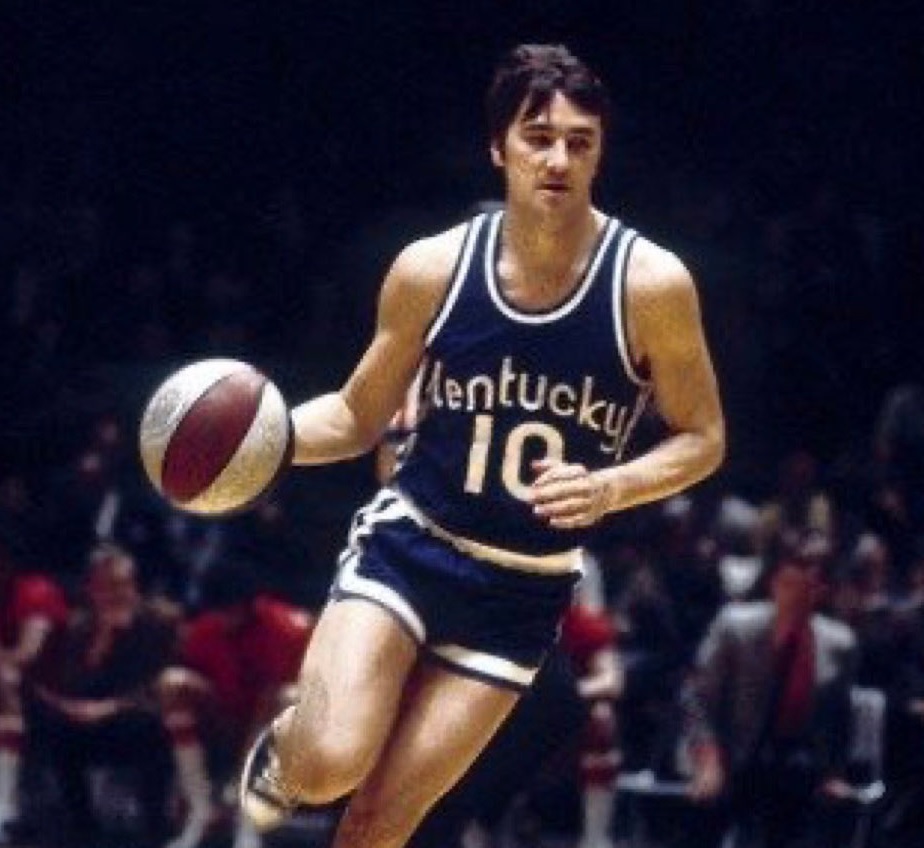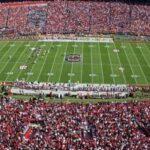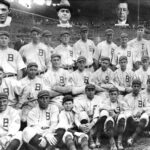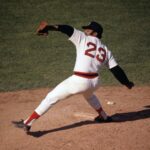Roundup: What the Rome Masters Means for …
Rafael Nadal: In Monte Carlo we saw Nadal at performing at his peak, as he didn’t drop a set and allowed three of his opponents just one game each. That was a sign that he was still capable of dominance.
In Rome, with his level not quite as high, the courts playing faster and the competition playing tougher, Nadal dropped one set and staved off a pair of tough challengers in the last two rounds. This is a sign that he’s still capable of competing like he did at his best, something that his three-set losses in Miami and Indian Wells had put in doubt.
That ability to compete will be critical in Madrid, where Nadal has voiced discomfort with the altitude and the speed of the court, and where back-to-back encounters with Novak Djokovic and Roger Federer last year ruined his whole season. Madrid occupies the position once held by Hamburg on the schedule, finishing just one week before Roland Garros.
And like Hamburg’s clay, where the ball didn’t bounce as high as in Paris or Monte Carlo, Madrid’s slicker dirt levels the playing field for Roger Federer. In 2008 Nadal was able to defeat Federer (and Djokovic) at Hamburg, setting the stage for his most dominant RG performance.
In 2007 he lost at Hamburg to The Great Swiss but was able to prevail once the theater of their conflict switched to Paris. Some of us expected the same last season, but the years of defending and grinding had exacted a price on Nadal’s knees.
In Rome the Spaniard tied Andre Agassi’s record of 17 Master’s Series titles. In Madrid he’ll seek to set a new record, but needs be careful that he not sacrifice the greater glory that an RG title would bring.
David Ferrer: Nadal’s 5’9” compatriot is the shortest man in the top 20, and while his heart goes a long way in compensating for his size, his flat, hard groundstrokes don’t hurt either.
Though Fernando Verdasco’s firepower currently gives him a higher ranking than Ferrer, the smaller Spaniard’s shorter backswing actually make him a tougher matchup for Nadal. Ferrer has three career wins over his more recognized compatriot (three more than Verdy) and in the tight first set of their Rome encounter, his minimal backswing and penetrating shots actually kept Nadal on the defensive much of the time.
However, with his loss he now has 11 career defeats against Rafa, as the Majorcan’s heavier shots gradually wore Ferrer down. A trip to the finals of Rome is still a good result for the littler man, just don’t expect it to happen in Paris, where the courts are slower and matches take longer.
Ernests Gulbis: Those hoping the Latvian prodigy would succeed have much to celebrate following Rome, as Gulbis scored a career highlight in defeating Federer. To add to that, he overcame the letdown of his high-profile upset to outlast Filippo Volandri in the next round, then in the semis won the only set any man has taken from Nadal on clay this year.
But what may really bode well for Gulbis is the fact that Federer, in his post-match interview, touted the Latvian’s second serve as one of the hardest in the game. Two adages suddenly come to mind: 1) It’s not how good you are, it’s how bad you want it and 2) You’re only as good as your second serve.
Don Budge and Pete Sampras had the best second serves of their eras, which combined with their fierce competitive streaks made them the dominant figures of their day. Likewise, while Federer may not have quite the power of Sampras’ second delivery, it’d be tough to name anyone in the game’s top 20 who has better variety, disguise and placement than the Swiss.
Gulbis’ heart is still a questionable commodity, but consider this: In their autobiographies, both Sampras and Agassi said that Michael Stich had an extremely effective second serve that he could hit with minimal effort. Though Stich’s lack of competitive fire eventually relegated him to one-slam wonder status, it still should be noted that he won a major, and reached the finals of two others.
Gulbis may not have the heart of a Grand Slam champion, but with a serve like his, he may not need one.
Fernando Verdasco: Following his final round appearance in Monte Carlo and victory in Barcelona, Verdy’s semifinal loss to Ferrer is be something of a disappointment, but may have been attributable to exhaustion following his tight three-set win over Djokovic in the previous round.
Furthermore, his victory over Djoker – his second in as many Masters events – and that heavy forehand of his suggest that he’s likely to go deeper in the RG than, say, Ferrer. In fact, based on recent results, his odds of reaching the final in Paris may depend, more than anything, on whether he lands in Nadal’s side of the draw.
Roger Federer: As he has the past four years, Federer lost early in Rome, and as it has each time, it led to talk of a “slump.” Say what?
Federer has lost two matches in a row, but his defeats to Gulbis in Rome and Tomas Berdych in Miami were both tight encounters against heavy hitters who proceeded to go on an impressive run through those events.
Furthermore, it’s about time people stopped looking at Rome as an indicator of Federer’s play. His loss to Volandri in 2007 was shocking because it was his earliest exit in a Masters event in years, but he proceeded to beat Nadal in Hamburg a week later.
His loss to Djokovic last year was tough to take, but he proceeded to beat Nadal at Madrid two weeks later, and we know what happened after that. His early defeat this year certainly doesn’t match the (stratospherically high) expectations of his fans, but if he wins in Estoril next week and Madrid the week after, no one will remember Rome.
Novak Djokovic and Andy Murray: Another week follows with another pair of early defeats, but our two troubled top-fivers both expressed hope. In retrospect, Djokovic probably is making progress to push Verdasco to three sets, as opposed to being blown away by Verdy in Monte Carlo.
Murray is likewise improving if he can lose 6-3, 6-4 to eventual finalist Ferrer, as opposed to winning just three games against Philipp Kohlschreiber in Monaco. Winning Roland Garros looks beyond their means this year, but a second week appearance should not be, and should be considered a decent result.

